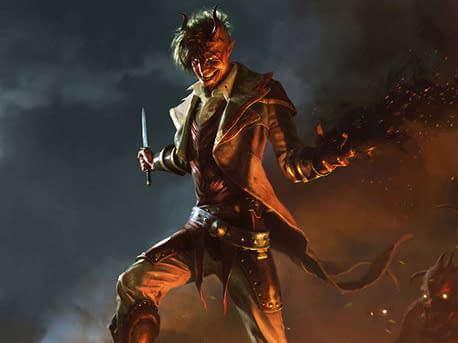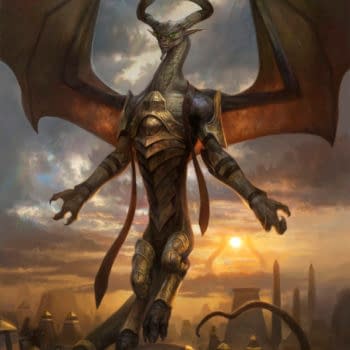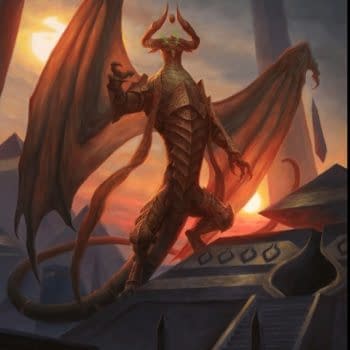Posted in: Card Games, Games, Magic: The Gathering, Tabletop, Wizards of the Coast | Tagged: card games, commander, EDH, magic, Magic: The Gathering, MagiKids, MTG, MTGELD, Oathbreaker, Tabletop, WeirdCards, wizards of the coast, WotC
"Oathbreaker" Format Introduction – "Magic: The Gathering"
Hey all! I'd like to show you a relatively new and very interesting format for Magic: The Gathering. Some of you may have already heard about it, possibly from earlier articles of mine that mention it in passing. It's called Oathbreaker, and it's a blast to play.
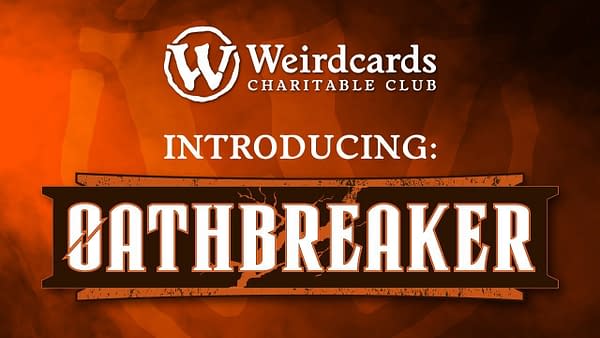
Oathbreaker is a format created by the WeirdCards Charitable Club from Rochester, Minnesota. They also created a charity for children who want Magic cards to play with, called MagiKids. It's good to note this because it means that Oathbreaker is honestly a good format to play on moral grounds as well as because it's fun. Most people will make mention of WeirdCards when they mention Oathbreaker, and all that publicity is probably good for the charitable parts of their organization, for what it's worth.
Anyway, rules and such.
Oathbreaker, like Commander, is a singleton format, meaning only one of any given card besides basic lands (and a couple of other exceptions, like Relentless Rats) are allowed in a given deck. Also similarly to Commander, Oathbreaker is played with cards starting out in the Command Zone.
However, unlike Commander, Oathbreaker is a 60-card format. Also unlike Commander, your "Commander" is and can only be a Planeswalker card. What's more, that Planeswalker has something known as a "Signature Spell", also in the Command Zone, that can be cast any time your Oathbreaker (the term for Commander in this format) is in play (following normal timing restrictions, of course). It's relevant to note that deck construction rules regarding color identity are the same in Oathbreaker as they are in Commander, in that all cards have to match within the color identity of your Oathbreaker.
Other important rules include Commander Tax – Oathbreakers and Signature Spells are both subject to a two-mana additional cost per prior cast of that spell specifically. When a Signature Spell is cast the next place it goes after the stack is the Command Zone – there are no ifs, ands, or buts about this. There is no Commander Damage rule, even if your Oathbreaker can become a creature. Finally, any cards that refer to your Commander instead refer to your Oathbreaker.
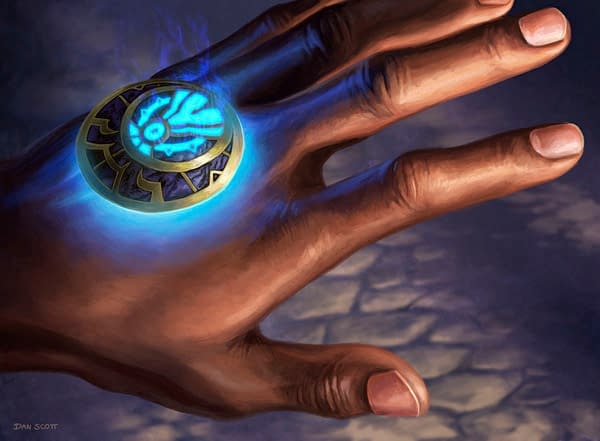
This is a fantastic format and if you wish to learn more about it, I happen to also be an admin for the largest Oathbreaker page on Facebook (so it's pretty clear that this article was a long time coming). Feel free to ask me for tips and information on how to make a decent Oathbreaker deck!
Some people also think this is a degenerate format and won't last due to the absolute decimation of Tiny Leaders, a format that lost steam when it was "solved" upon the release of Leovold, Emissary of Trest. The format is fast, but it isn't degenerate. Most players play this format in the beginning with the intent of breaking it, but find when they can't that it's a great and innovative way to play the game. Some players don't stick around, but by no means is the format dying. If the discussions on my Oathbreaker Facebook page say anything, it's that the format is still pretty fresh and staying around for a long time to come.
Anyhow, if you like Magic: The Gathering and want to help foster a format that is well-established but could use some more exposure, feel free to make an Oathbreaker deck (or enough for your whole playgroup!) and play a few games to test the waters. You'll see that it is a very cool format overall.
Oh, and keep an eye out for my deck tech on Tibalt, the Fiend-Blooded. He's actually good here!
